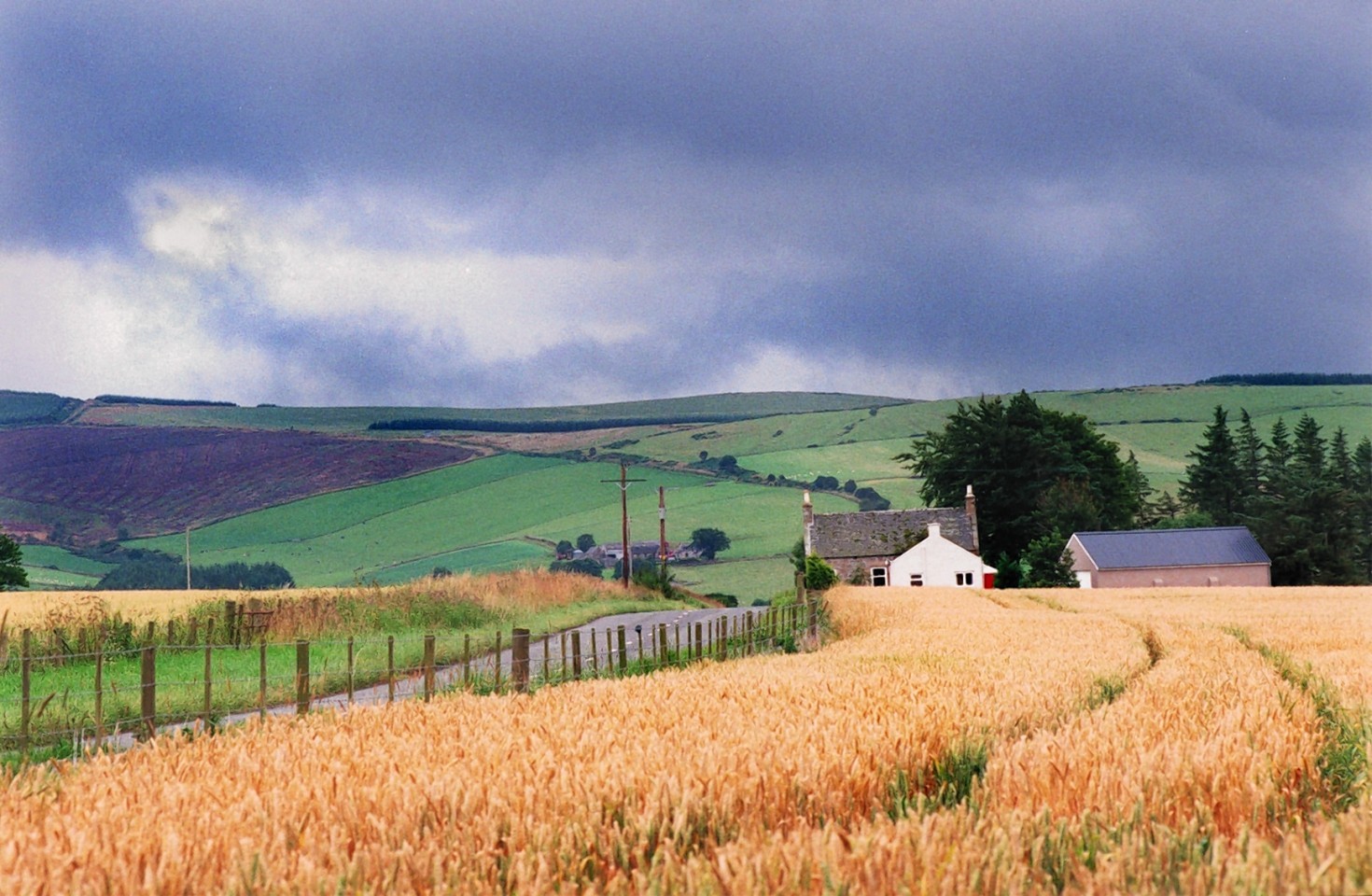The Royal Institute of Chartered Surveyors (RICS) this week warned that proposals put forward for two key pieces of Scottish Government legislation were unlikely to achieve what they set out to deliver.
The organisation said that although it had been fully involved in the consultations on both the Agricultural Holdings Legislation Review and on wider Land Reform, it had maintained a low profile – but concerns over the content and timing of changes had now forced it to speak out.
As well as being the professional body for land property and construction industries, the director of RICS Scotland, Sarah Speirs, said that the organisation’s royal charter meant that it had to act on public interest issues – and failing to get legislation passed in a fair and workable way was contrary to this interest.
“And we have grave fears that, as they stand, both sets of proposals could trigger unintended consequences that would be against the interests of those in rural Scotland,” said Ms Speirs.
First on her list was a call to the Scottish Government not to hurry the recommended changes to the Agricultural Holdings Legislation through Parliament and onto the statute books without taking time to consider the wider implications.
“We understand that the Scottish Government wishes to use the Land Reform Bill as the vehicle to progress changes to the Agricultural Holdings Legislation contained in the recent review through the Scottish Parliament,” she said.
“However we firmly believe that the recommendations on this issue should be viewed as a package in their own right, one which requires its own bill, with separate Parliamentary and public scrutiny to ensure it achieves sustainable agricultural productivity.”
She said that rushing the legislation through with the Land Reform Bill left the door open to repeating the “unintended consequences” which had come about as the result of the 2003 reforms – as well as leading to unnecessary confusion.
Speaking at a press briefing she said that RICS was not convinced that the proposals would deliver the stated aim of a revitalised tenanted sector without considerable tweaking, claiming that some of the proposed moves could lead to more disputes and confrontations between tenant and landlords rather than fewer.
“And if confidence is knocked, the recommendations may also result in less land being made available to let in future – and clearly that would not help create a vibrant tenanted farming sector in Scotland,” she added.
Hew Edgar, the organisation’s policy manager, said that the institute had now drawn up a detailed response to the recommendations and said that although many of these were to be welcomed, some required considerable attention before the proposals would deliver on their overall aim.
He said that, rather than viewing the tenanted sector as the panacea of Scottish farming, RICS took a wider view – and wanted to see an entire farming sector which was inclusive and operated in a way which allowed new entrants to farm.
He indicated that freedom of contract had been overlooked as a useful tool for bringing more land onto the tenanted market while adding that the extension of assignation to wider family members would be “contrary to this aim”.
On the wider Land Reform Bill he said that there had been too much focus on who owns land – when the emphasis should have been on how the land should be effectively managed and used for the benefit of communities.
Commenting on accusations that “professional intermediaries” – land agents – had been the source of much of the current disharmony in the tenant sector, a point raised by many contributing to the holdings review and highlighted in the report itself, Ms Speirs said that, as a professional body RICS had a duty to protect its members – 600 of whom operated in the rural sector – if they had been unfairly criticised:
“RICS does not tolerate bad practice. Our members are already properly and strictly regulated, and we have a robust code of conduct to which our members must adhere,” she said.
“Members must abide by our ethical code. There is a formal complaints procedure – and anyone can contact us to provide details of how they might feel this has been broken. But to date we have not received a single complaint.”
